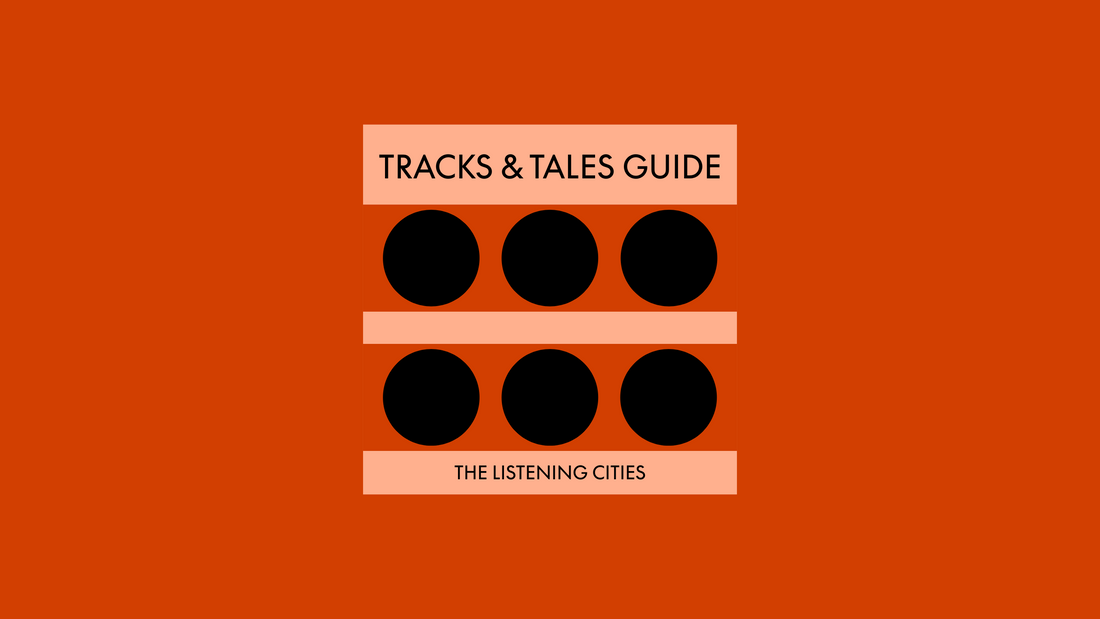
Buenos Aires: Listening Bars — Tango, Vinyl, and the Poetics of Night
By Rafi Mercer
Buenos Aires is a city that already listens differently. In San Telmo, bandoneóns echo through cobbled streets; in La Boca, cumbia and rock nacional spill from open windows; in Palermo, DJs stretch house tracks across humid nights. Music here is not accessory but identity — it animates the tango milonga, the protest march, the café. It is within this culture of attentive ears that the listening bar has begun to flourish: spaces where the poetics of Argentine sound meet the intimacy of vinyl and hi-fi fidelity.
The roots are cultural as much as technical. Argentina has a deep vinyl history, with pressing plants active from the 1940s and a generation of collectors preserving tango, folklore, jazz, and rock en español. Record fairs and shops like Exiles Records and RGS sustained this passion through the vinyl drought years, ensuring that when the global listening bar movement reached Buenos Aires, the city had archives ready to be heard.
Among the first to define the form is Isla de Caras Listening Bar, an extension of the city’s indie and experimental scene, where records are played with curatorial care. La Calle Bar, tucked into Villa Crespo, follows the Tokyo lineage with a distinctly porteño warmth: intimate, convivial, stocked with Argentine jazz and rock. Naranja Verde, a hybrid space of art, food, and sound, builds community around listening as much as dining.
What makes Buenos Aires distinct is its poetic attention. Tango taught the city to listen — to the breath before a phrase, the tension in a pause, the sorrow in a note. That attentiveness translates to the listening bar. Patrons talk, laugh, drink fernet, but when the selector leans into a track — Piazzolla’s bandoneón, Spinetta’s guitar, Coltrane’s horn — the room bends towards it. It is listening shaped by passion, not austerity.
Sound systems here are serious but rarely ostentatious. Vintage JBLs, Technics turntables, Japanese amplifiers — tuned for warmth rather than surgical precision. The rooms themselves are intimate, often no more than 30 or 40 seats, with interiors that blend eclectic furniture, art, and the casual elegance of a Buenos Aires café.
Globally, Buenos Aires matters because it demonstrates how the listening bar translates into literary cultures. This is a city of Borges and Cortázar, of lyrics studied like poems, of audiences who lean into words and notes with equal seriousness. Its listening bars are extensions of that ethos: nightlife spaces where music is not consumed but contemplated, even as drinks flow.
Sit in one of these rooms late at night, fernet and cola in hand, as a vinyl crackle precedes a track by Mercedes Sosa or Fela Kuti, and you feel the Buenos Aires mood. Listening here is not escape. It is reflection, romance, and resistance — the soundtrack of a city that turns even nightlife into literature.
Rafi Mercer writes about the spaces where music matters. For more stories from Tracks & Tales, subscribe here, or click here to read more.














